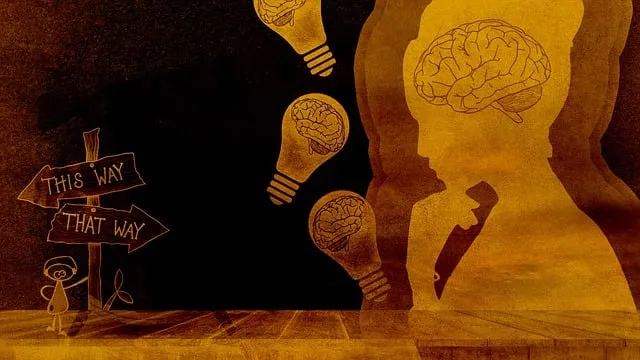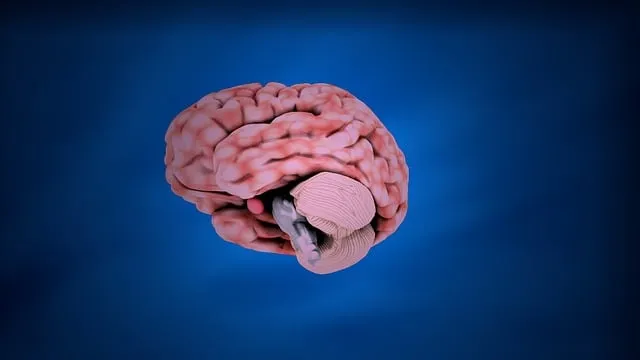Westminster and Kaiser represent two models of inpatient mental health care: Westminster focuses on acute crisis intervention with structured therapies, while Kaiser emphasizes long-term healing through integrated inpatient and outpatient services. Both approaches aim to improve mental wellness by empowering individuals with coping skills and promoting resilience. Future crisis intervention strategies leverage technology like VR and AI, along with mobile apps, to offer remote support and preventive measures, reducing crisis severity and enhancing overall well-being.
Crisis intervention strategies are vital for addressing acute mental health episodes. This article explores essential guidance, comparing inpatient services offered by Westminster and Kaiser. We delve into the definition and significance of crisis intervention, highlighting key components for effective strategies. Additionally, we examine real-world applications and future trends, including innovations in care. Understanding these aspects is crucial, especially when considering the differences between Westminster’s and Kaiser’s approaches to inpatient mental health services.
- Understanding Crisis Intervention: A Definition and Importance
- Westminster vs Kaiser: Inpatient Mental Health Services Comparison
- Key Components of Effective Crisis Intervention Strategies
- Practical Application: Implementing Guidance in Real-World Scenarios
- Future Trends and Innovations in Crisis Intervention
Understanding Crisis Intervention: A Definition and Importance

Crisis intervention strategies are vital tools for addressing immediate and intense emotional or psychological distress. It’s a focused, short-term approach designed to stabilize individuals during overwhelming situations, offering immediate support and preventing further deterioration. Understanding crisis intervention involves recognizing its purpose as a bridge to long-term mental health management.
In the context of inpatient mental health care, like that provided by Kaiser in Westminster, effective crisis intervention strategies can significantly impact patient outcomes. By implementing structured guidance, such as Mental Wellness Journaling Exercise or leveraging public awareness campaigns development, healthcare professionals can empower individuals to cope with and overcome acute crises. Depression prevention is another key area where these interventions play a crucial role in equipping individuals with the skills to navigate future challenges, ultimately enhancing their overall mental wellness.
Westminster vs Kaiser: Inpatient Mental Health Services Comparison

In comparing inpatient mental health services between Westminster and Kaiser, it’s crucial to explore their distinct approaches to providing care. While both organizations offer specialized treatment, they differ significantly in terms of setting and focus. Westminster typically provides acute care within a hospital environment, emphasizing immediate stabilization and short-term rehabilitation. This model prioritizes intense, structured interventions, including individual therapy, group sessions, and medication management, all under one roof. On the other hand, Kaiser leans towards a more integrated approach, combining inpatient care with ongoing outpatient services. Patients at Kaiser often transition smoothly between inpatient and community-based support, fostering continuity of care and promoting self-care practices.
A key consideration in this comparison is the emphasis on long-term emotional healing processes versus acute crisis intervention. Westminster’s intensive inpatient care is designed to address severe mental health crises, while Kaiser focuses on building coping skills development and resilience over time. In terms of patient outcomes, both systems have shown effectiveness, but Kaiser’s integrated model may offer advantages in fostering independence and reintegration into the community, ultimately contributing to improved long-term mental well-being.
Key Components of Effective Crisis Intervention Strategies

Effective crisis intervention strategies are a crucial component of any mental health care system, including those provided by organizations like Kaiser, especially in inpatient settings, as seen at Westminster. The key components include rapid assessment and stabilization, which involves creating a safe and supportive environment to help individuals manage their immediate distress. This is followed by active listening and empathy, where professionals must demonstrate genuine understanding and validate the person’s feelings without judgment, fostering trust.
Additionally, crisis intervention should focus on building coping skills and problem-solving abilities, empowering individuals to handle future crises. Mental wellness coaching programs development can play a significant role here by teaching emotional intelligence—the ability to recognize and manage one’s own emotions and understand others’ emotions—which is essential for effective communication and conflict resolution. These strategies collectively aim to enhance mental wellness, ensuring individuals are equipped to navigate challenging situations and promote long-term resilience.
Practical Application: Implementing Guidance in Real-World Scenarios

In real-world scenarios, especially within the context of inpatient mental health facilities like those operated by Kaiser in Westminster, crisis intervention strategies require practical application and adaptability. Healthcare professionals must be adept at assessing patients’ unique situations, including their cultural backgrounds and personal histories, to implement effective guidance. For instance, when dealing with individuals experiencing severe emotional distress, a combination of active listening, empathy, and evidence-based techniques such as conflict resolution methods can help de-escalate the situation.
By integrating mental wellness promotion and emotional regulation strategies, caregivers can create a supportive environment conducive to recovery. This involves not only addressing the immediate crisis but also equipping patients with long-term coping mechanisms. For example, teaching mindfulness practices or utilizing cognitive-behavioral techniques during inpatient care at Kaiser in Westminster can empower individuals to better manage future stressors, enhancing their overall resilience and well-being.
Future Trends and Innovations in Crisis Intervention

As we move forward into the future, crisis intervention strategies are poised for significant advancements thanks to technological innovations and evolving psychological understanding. The integration of digital tools like virtual reality (VR) and AI-powered therapy platforms offers promising avenues for remote support and personalized care, especially in addressing mental health crises. For instance, VR can create calming environments, helping individuals practicing self-care practices in a controlled setting while improving emotional intelligence through immersive experiences.
Moreover, the focus on preventive measures and early intervention is gaining traction, with a shift towards promoting resilience and self-esteem improvement. Innovations such as mobile apps designed for mental health monitoring and crisis prevention can provide real-time support, offer coping mechanisms, and connect users to relevant resources, including inpatient facilities like Kaiser’s mental health services at Westminster if needed. This proactive approach aims to reduce the severity of crises and enhance individuals’ ability to navigate challenging situations effectively.
In conclusion, crisis intervention strategies play a vital role in providing immediate support during mental health emergencies. By understanding key components like assessment, safety planning, and de-escalation techniques, professionals can effectively navigate diverse scenarios, whether in outpatient settings or comparing inpatient services offered by institutions like Westminster and Kaiser. Future innovations in crisis care, including technology integration and tailored interventions, hold promise for enhancing accessibility and outcomes. Leveraging best practices from both traditional and progressive healthcare models ensures a comprehensive approach to addressing this critical aspect of mental health management.






